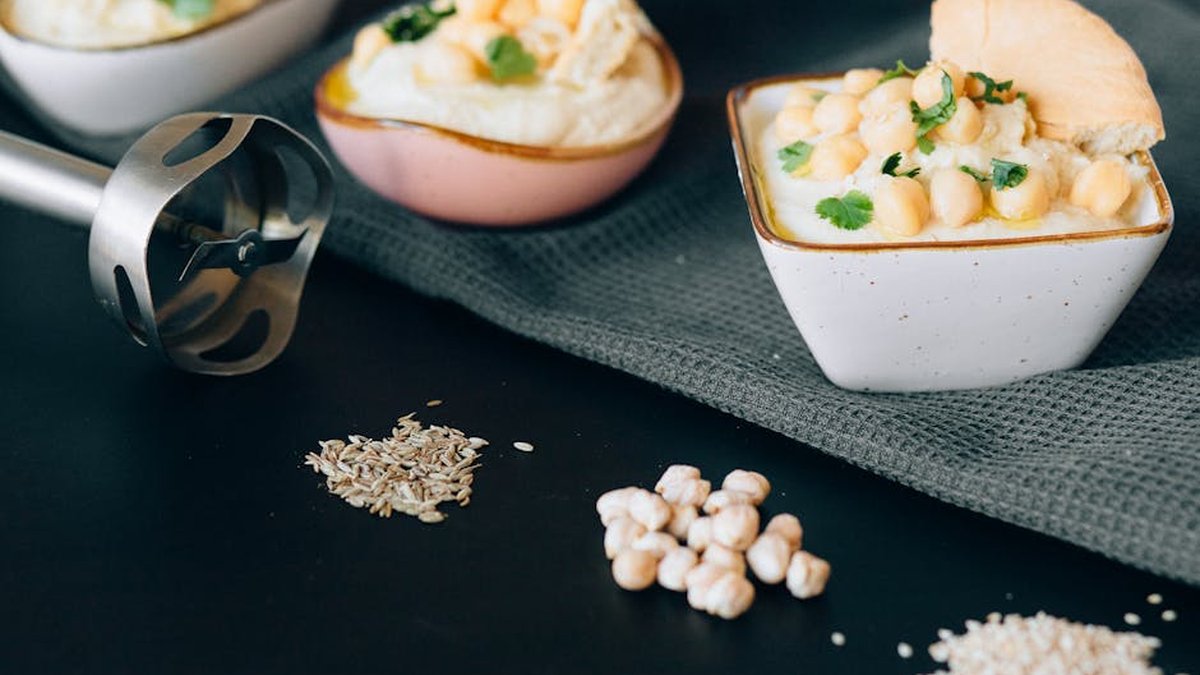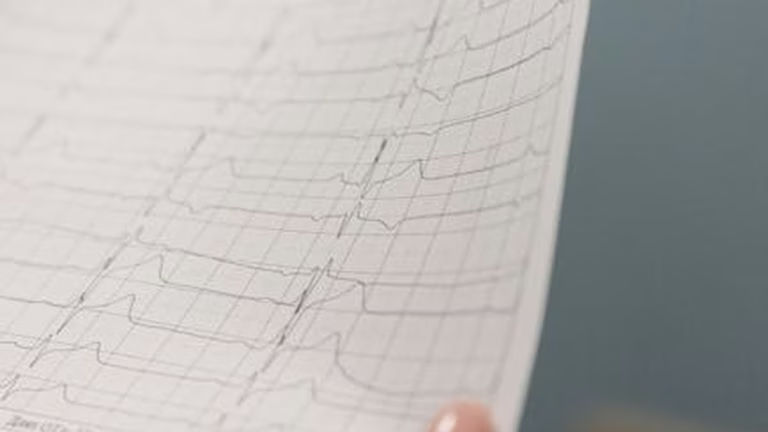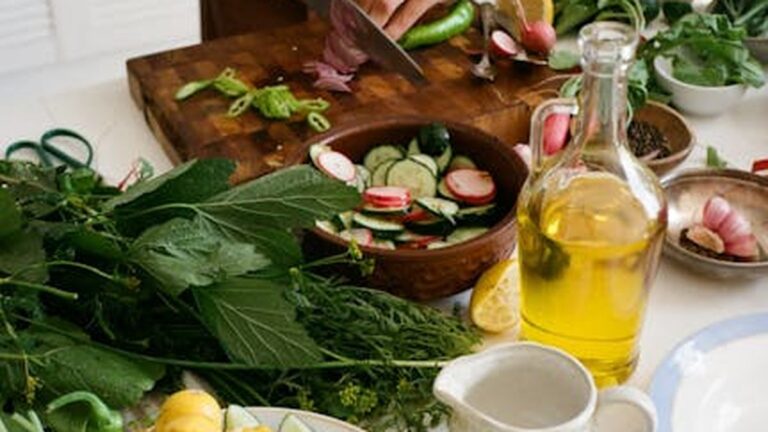Plant-Based Protein Power: Recipes and Tips for Building Muscle on a Vegetarian Diet
So, you’re a vegetarian aiming to build muscle? You might be wondering if it’s even possible. The good news is, absolutely! While meat is often touted as the ultimate protein source, a well-planned vegetarian diet can provide all the necessary nutrients, including ample protein, to support muscle growth and overall fitness. This guide will provide you with the knowledge and recipes you need to thrive on a plant-based muscle-building journey.
Understanding Plant-Based Protein
Protein is essential for muscle repair and growth, but not all protein sources are created equal. Animal proteins are considered ‘complete’ because they contain all nine essential amino acids. However, many plant-based proteins are ‘incomplete,’ meaning they lack one or more essential amino acids. Don’t let this discourage you! By combining different plant-based protein sources throughout the day, you can easily obtain all the essential amino acids your body needs.
Complete vs. Incomplete Proteins
Understanding the difference between complete and incomplete proteins is key to optimizing your plant-based diet. Complete proteins, like quinoa and soy, offer all nine essential amino acids. Incomplete proteins, such as beans and nuts, lack one or more. The solution? Combine them! For example, rice and beans provide a complete amino acid profile.
Daily Protein Needs for Muscle Growth
For optimal muscle growth, aim for 0.8 to 1.0 gram of protein per pound of body weight. So, if you weigh 150 pounds, you’ll need approximately 120 to 150 grams of protein per day. This might seem like a lot, but with the right food choices and meal planning, it’s definitely achievable on a vegetarian diet.
Top Plant-Based Protein Sources
Here’s a list of excellent plant-based protein sources to incorporate into your diet:
- Legumes: Lentils, chickpeas, beans (black beans, kidney beans, pinto beans)
- Soy products: Tofu, tempeh, edamame
- Grains: Quinoa, brown rice, oats
- Nuts and seeds: Almonds, walnuts, chia seeds, hemp seeds
- Vegetables: Spinach, broccoli, peas
Vegetarian Recipes for Muscle Building
Here are some delicious and protein-packed vegetarian recipes to help you reach your muscle-building goals:
Quinoa Power Bowl
This recipe is packed with protein, fiber, and healthy fats. It’s perfect for a post-workout meal or a satisfying lunch.
Ingredients:
- 1 cup cooked quinoa
- 1/2 cup black beans
- 1/4 cup chopped avocado
- 1/4 cup salsa
- 1/4 cup chopped cilantro
- Lime juice to taste
Instructions: Combine all ingredients in a bowl and enjoy!
Tofu Scramble
A vegetarian twist on a classic breakfast dish. Tofu scramble is a great way to start your day with a protein boost.
Ingredients:
- 1 block extra-firm tofu, crumbled
- 1/4 cup chopped onion
- 1/4 cup chopped bell pepper
- 1/4 teaspoon turmeric
- Salt and pepper to taste
Instructions: Sauté onion and bell pepper in a pan. Add crumbled tofu and turmeric. Cook until heated through and season with salt and pepper.
Lentil Soup
A hearty and comforting soup that’s packed with protein and fiber. Lentil soup is a great option for a cold day or a quick and easy meal.
Ingredients:
- 1 cup lentils
- 4 cups vegetable broth
- 1 diced onion
- 2 diced carrots
- 2 diced celery stalks
- 1 teaspoon cumin
- Salt and pepper to taste
Instructions: Combine all ingredients in a pot and bring to a boil. Reduce heat and simmer for 30-40 minutes, or until lentils are tender.
Tips for Maximizing Muscle Growth on a Vegetarian Diet
Here are some additional tips to help you maximize muscle growth on a vegetarian diet:
- Plan your meals: Meal planning is crucial to ensure you’re getting enough protein and essential nutrients.
- Track your protein intake: Use a food diary or app to track your protein intake and make sure you’re meeting your daily goals.
- Eat frequently: Eating smaller, more frequent meals throughout the day can help keep your protein levels elevated.
- Consider protein supplements: If you’re struggling to meet your protein needs through food alone, consider using a plant-based protein powder. Whey protein is not vegetarian-friendly.
- Don’t forget carbs and fats: Protein is important, but don’t neglect carbohydrates and healthy fats, which are essential for energy and hormone production.
- Stay consistent: Consistency is key to seeing results. Stick to your diet and workout routine, and you’ll be well on your way to building muscle on a vegetarian diet.
Conclusion
Building muscle on a vegetarian diet is entirely achievable with the right knowledge and strategies. By incorporating a variety of plant-based protein sources, planning your meals, and staying consistent with your diet and workout routine, you can achieve your fitness goals while adhering to your vegetarian lifestyle. Embrace the power of plants and unlock your muscle-building potential!






